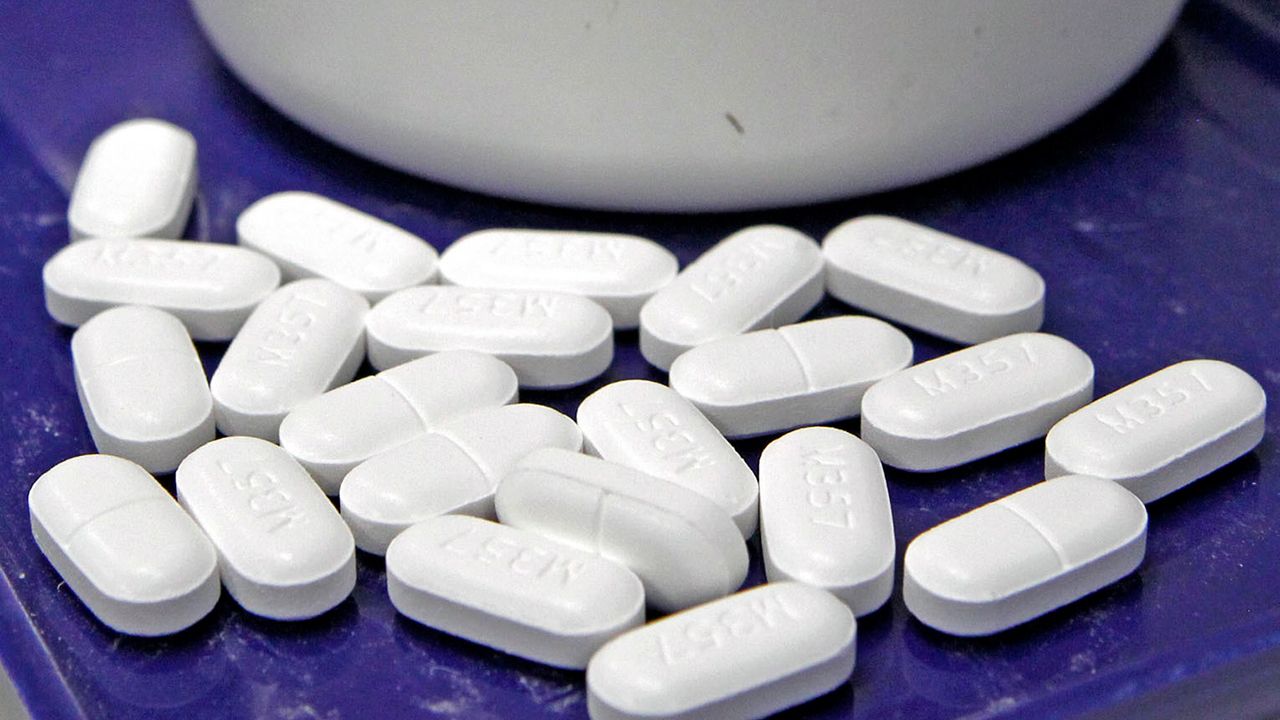After weeks of negotiations with the New York state Legislature, Gov. Andrew Cuomo signed an opioid settlement fund bill into law, albeit with changes that give the administration more power over the advisory committee that will direct the funds.
The new law (S.7194/A.6395B) will ensure that money received by the state as the result of any opioid settlement will be deposited into a special fund to support treatment, recovery and abatement efforts.
While the new law ensures that any money received from opioid settlements will not supplant state funding, there are changes to the original bill that provide the executive with greater oversight of the funding.
For example, the number of advisory committee members would increase from 16 to 21. Of those 21 members, nine would be appointed by the governor. Additionally, the head of the Division of the Budget and the commissioners of the Office of Mental Health and the Office of Alcohol and Substance Abuse Services will now be voting members of the committee.
Here is the breakdown of the advisory committee:
- 4 state agency representatives (who now have voting power): Commissioners of OASAS, OMH, DOH and DOB
- 2 appointments by Gov. Cuomo
- 3 appointments by the Senate majority leader
- 3 appointments by the Assembly speaker
- 1 appointment by the attorney general
- 1 appointment by the New York City mayor
- 7 appointments by nominees selected by the Association of Counties. Of these, three will be selected by the governor and one each by the Senate majority leader, Assembly speaker, Senate minority leader and Assembly minority leader.
Other changes tighten the use of the money and allow the Department of Financial Services to bring claims against opioid manufacturers in the future.
The bill became more urgent over the weekend when Attorney General Tish James linked it to a $230 million settlement she crafted with opioid giant Johnson & Johnson. The agreement would provide New York state with an extra $30 million in the first year of the allocation if Gov. Cuomo signed the bill.
In a statement, James thanked the governor for his signature.
“Ensuring funds recovered from opioid settlements and litigation go where they’re needed — to fund prevention, education, and treatment programs — is a massive step in our efforts to end the opioid epidemic and provide justice to its victims,” said James.
In his approval memo, Cuomo said he agreed with his legislative colleagues on the importance of holding those who contributed to the opioid epidemic accountable.
“I fully support the creation of an opioid settlement fund and the dedication of money to such a fund,” his memo stated.
The bill was a touchstone for advocates who were outraged when the Cuomo administration deposited $21 million of a $32 million settlement with McKinsey and Company into the general fund, rather than spending the additional money on drug treatment or recovery efforts.
John Coppola, executive director of the New York Association of Alcohol and Substance Abuse Services, told Capital Tonight on Tuesday that the fund will help ensure that New York has the funds necessary to fund addiction services.
"The bill signed by Governor Cuomo, after unanimous passage in both the Senate and Assembly, will help ensure that opioid settlement funds are spent as intended by the courts," Coppola said Wednesday. "As a result of invaluable work done by Attorney General Letitia James, New York now has the funds necessary to strengthen addiction prevention, treatment, recovery, and harm reduction services in communities across our State. The Governor's signature marks the starting point for 'building back better' a service system that has been underfunded for years and to strengthen services for families and communities impacted by the addiction and overdose epidemic experienced across NYS."
